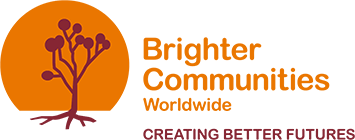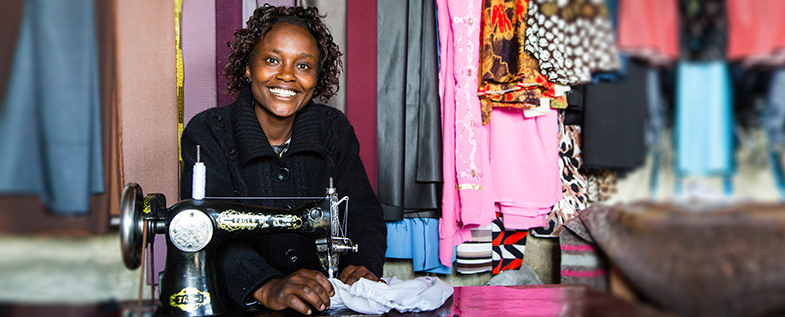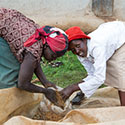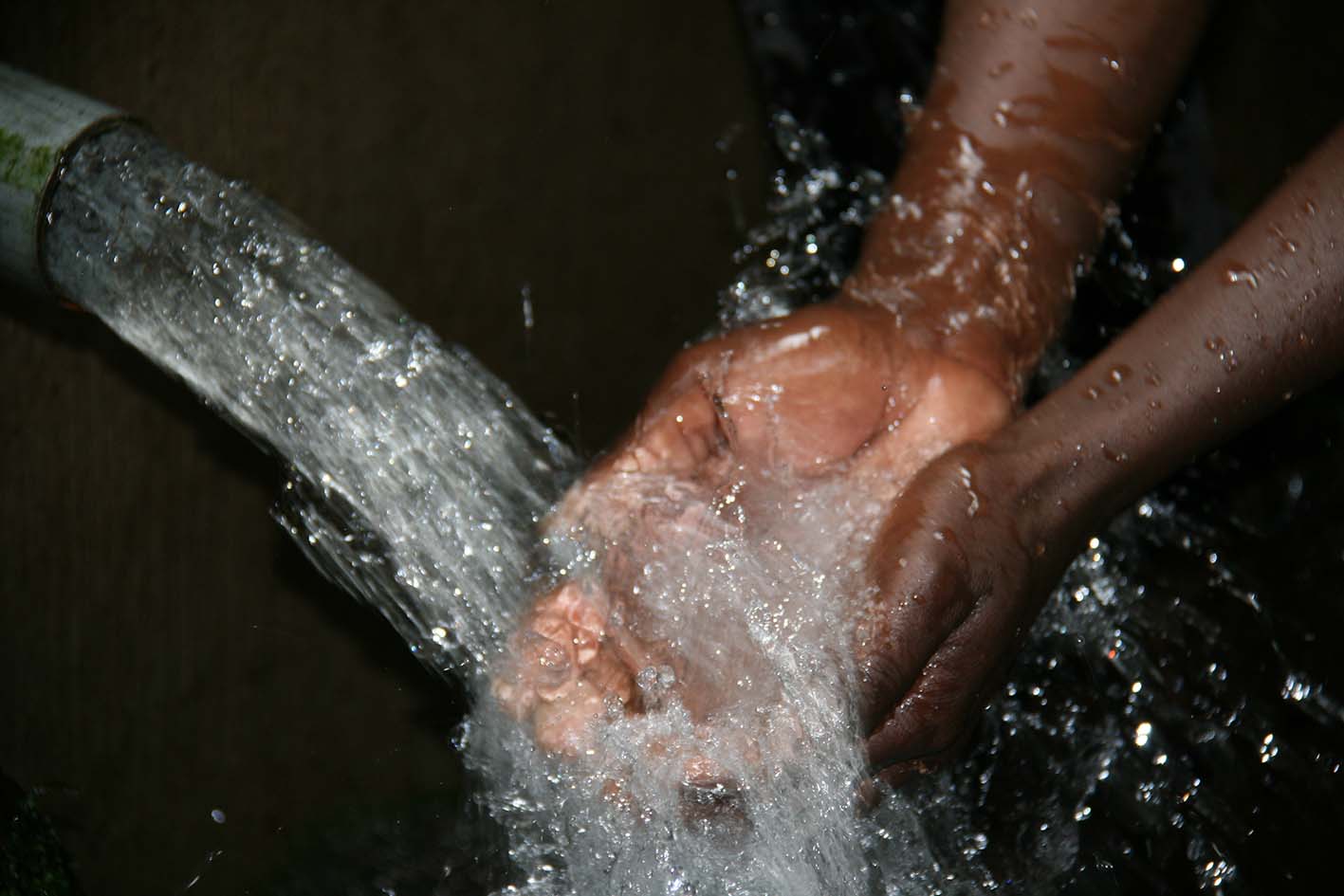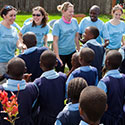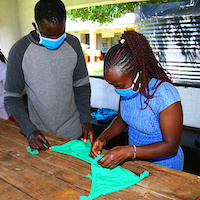Economic empowerment
Official figures suggest an employment rate in Kenya of around 60 per cent and annual incomes averaging under $2000. For many Kenyans, however, wages can be as low as a dollar a day and opportunities are limited, especially in rural areas. These areas have no shortage of talented or willing business people but they lack the training or resources to build or expand their own businesses. That’s why we have a strong focus on business development or, as we describe it, economic empowerment.
The aim of economic empowerment is to work with communities to raise their incomes, and subsequently, their standard of living. The projects and courses we develop to support and improve village life in the region include a focus on business. However, whatever the focus, the courses we offer are always appropriate, useful and in tune with the needs of the region and the development aims we and the communities have agreed upon together.
We work with communities and assist them in developing business plans and income generation projects in a variety of ways. These range from schemes linked directly with health education or safe water supply, to general business training and specific business development projects. They include:
Healthy villages
As you can see on our health programmes page we are working with communities to implement the Kenyan Ministry of Health initiative known as Healthy Villages. But this also has an economic component. As part of the initiative, each village develops an income generation project, which generates funds to implement the changes necessary. A community may, for example, prioritise the access to clean water, and so set up an income project to raise money for this water. We support the community in these efforts.
Banking
Microfinance and mobile payment and banking have all proved successful ways to support economic empowerment among groups in the developing world – notably women – who might not otherwise have had a chance to build a business. Kenya, in particular, is world-famous for its successful development of mobile payment: the transfer of money via prepaid mobile phones.
We recognise a need for financial support for economic empowerment and that it could further support our core development work: indeed, we have given loans directly to women’s groups in the past. However, direct financial support requires a lot more expertise and administration than we can easily offer. We are therefore looking at the possibility of forming partnerships with banks in the communities in which we work. They will manage microfinance schemes for us. As these partnerships develop, we will be able to work on mobile banking with the various groups we support.
Business training
We offer a basic business course for community members interested in setting up or improving their own business. We have developed this training course in recent years in partnership with community groups.
The main course modules are designed to be useful both to beginners and those who already have some experience in business. Our trained volunteers take participants through a number of steps towards building a business – from the basics of being able to clearly describe a business and its aims to marketing, competition, finance, putting together a business plan, project management and getting funding.
And, so far, the course has been very successful. In fact there is a huge demand for this course across the district. That demand is expected to grow, especially as local infrastructure improves and brings more opportunities for new businesses.
Social businesses
As part of our work in helping communities to raise their incomes and standard of living we have done a great deal of research into an approach to business that is developed with the whole community as its core focus from the outset. This concept is known as ‘social business’ or ‘inclusive business’. The basic concept behind social business is that a company is run like any other, but all profits go into a community or social need.
In fact our interest in social business has already gone beyond research. It is hoped that a sustainable tourism project and all its elements will be the first social business in the region.
The sustainable tourism project
We are currently working on a sustainable tourism project in the region; to date 11 villages are involved. The aim is to welcome visitors to the area and share with them each village’s natural, social and cultural assets. This can benefit everyone: visitors will both enjoy and learn from their experience and villages will come closer to realising their dream of healthy, strong communities now and in the future.
The sustainable tourism project began with a community meeting where representatives from 16 areas met to learn about sustainable tourism and discuss their needs. The villages involved then attended a Sustainable Tourism Foundations training course, after which each submitted a business plan to Brighter Communities Worldwide. The next stage is to support the village in their implementation.
…and it’s all part of our mission
Our economic empowerment work ties in with our other initiatives. We insist on it. For example the drive to build sustainable tourism goes hand-in hand with the drive to build healthy villages, to provide clean water and to aid education.
All of our initiatives come back to our mission - economic empowerment is part of that mission – and it’s an ideal that fits in with that mission. Because when people are economically independent they can do so much more. They can make more choices. They can have better opportunities. And they can escape from poverty.
